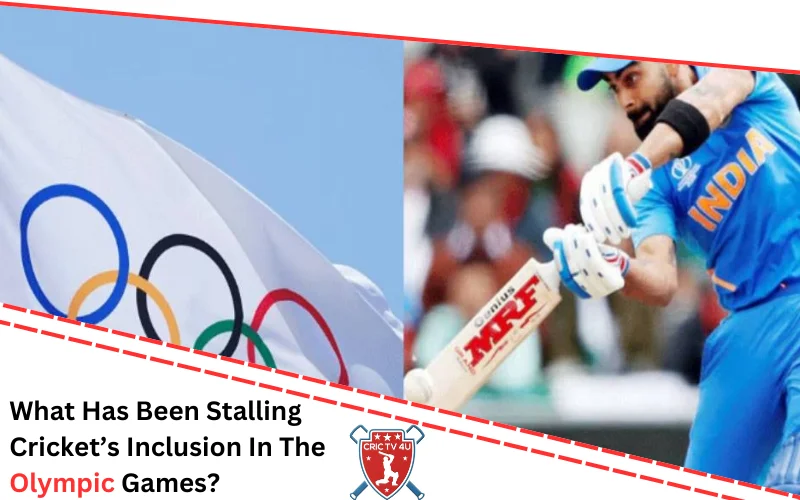It’s been over 123 years since cricket appeared for the one-and-only time in the Olympic Games. It was back in 1900 when the British team defeated the French team in Paris. And this was the last time the two worlds integrated - the world of cricket and the world of the Olympiads.
The reigning champion - Britain (!) will have the opportunity to defend its title in the upcoming Olympic Games in Los Angeles in 2028, now that cricket has been
included in the list of sports that are approved by the IOC. Cricket fans will cheer, cricket bettors will be enthused and will create traffic in the cricket betting exchange sites in India and other places where cricket wagering spikes and the world of sports will get to see a game that is highly popular in some parts of the globe, while highly unpopular in other parts of the globe.
But, what has been stalling cricket’s inclusion in the Olympic Games all these years? In case you are wondering why isn’t cricket a part of the official Olympiads, you need to think of some constraints as well as some implications that this would have on some of the most powerful cricket nations in the world.
First, let’s consider the constraints. Of course, getting cricket into the Olympic Games was never an easy thing to do. The traditional format of Test matches, where games could last for several days, was rather hard to fit into the Olympic Games calendar. That format meant that cricket matches could last for a very long time and so being included in an event that is staged every four years, and where all sports need to be ‘squeezed’ into the program was indeed a puzzle.
Today, the popularity of the Twenty20 format is beginning to destroy or extinguish the obstacle of ‘time length’ and calendar when it comes to getting cricket on the official list of Olympic Games.
But let’s see the implications for the major cricket nations as well and we will realize that they have been stalling the sport’s inclusion at the Olympic Games, putting obstacles and setting boundaries.
Many of the big cricket countries don’t want to have the Olympics getting in the way of their official cricket calendar. For example, the Olympic Games are staged during the season where English cricket is played. Some of the stakeholders and executives have expressed their concerns that if the team is to go to the Olympics then this would be at the expense of the cricket season in the country and it would have very serious economic implications.
In other cases, it is a matter of prestige and power. For example, India’s BCCI (Board of Control for Cricket in India) has expressed clearly its intention to be the “beneficiary” of the IOC and not the other way around. What does this mean? If cricket is to become formally a sport included in the Olympic Games, then organizing committees and councils will have to conform to guidelines, rules and programs set by the IOC. But some boards -like the BCCI - are not ready for this.
Sometimes it is a matter of pride. The International Cricket Council wants to retain its prestige and it wants to boast about its own contribution to making the Olympic Games more universal. They don’t want to have things turned around: making cricket more widespread because of the Olympics. Instead, they want to make the Olympic Games more popular, because of their inclusion of cricket.
No matter the source of stalling cricket’s way into the Olympics, one thing is certain. That it is totally wrong. Getting cricket to the Games will only bring benefits to both sides. The South-Asian market can’t be overlooked, ignored or missed by the IOC, especially since we are talking about a really huge potential audience. For years now, the IOC has been trying to find ways to engage these audiences and cricket seems to be the only viable and profitable way to do so. Simply put, this market is too big to ignore.
In the meantime, cricket itself will gain access to billions and billions of new viewers, which means that it will get to a new audience. A new audience also means new opportunities for profit-making, sponsorships and funds. We can’t really stress how important this can be for a sport that continuously wants to advance and improve.






